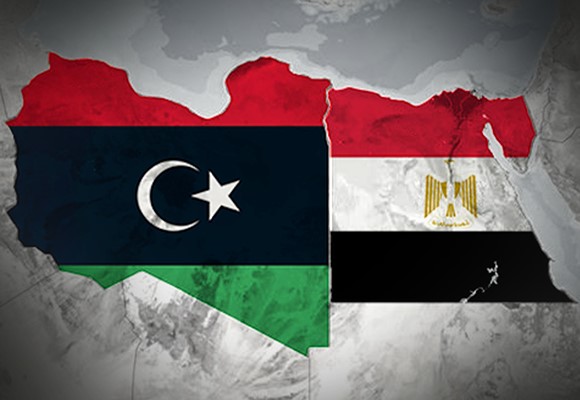Author: Jaseb Nikfar
Affiliation: Yasouj University, Iran
Organization/Publisher: Humanities and Social Science Communication
Date/Place: November 4, 2020/UK
Type of Literature: Journal Article
Number of Pages: 9
Link: https://www.nature.com/articles/s41599-020-00631-7
Keywords: Globalization, Egypt, Libya, Middle East, Politics.
Brief:
Due to globalization and technological advancements, geographical distances have vanished in the 21st century. Not only have economic and cosmopolitan ties been established because of globalization, but states are also experiencing political interdependence. The 2011 Arab Spring continues to impact the political status-quo in the Middle East. This study forecasts the future of the Middle East in the context of globalization, taking the cases of Libya and Egypt as sample states. According to this study, the states are now resisting globalization while considering the concept of sovereignty as an ultimate goal. The author describes the contemporary “crisis of sovereignty” as due to the emergence of international and supranational organizations that exert their pressure both internally and externally. Globalization undermines sovereignty in three ways: priorities of individuals, nation state as problem creator not solver, and the establishment of international organizations. Moreover, the author discusses the political violence on dissent used by Libyan authoritarian Muammar Gaddafi and despotic ruler of Egypt Hosni Mubarak. Direct violence, economic pressures on the public, and political repression are different forms of violence experienced by the masses in Libya and Egypt. The article concludes that globalization has initiated a struggle between political plurality and despotism, and due to technological advancements the traditional ways of politics will become obsolete.
By: Muhammad Taimoor Bin Tanveer, CIGA Senior Research Associate




